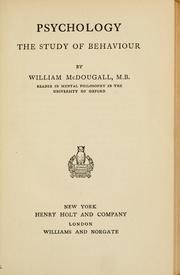
Photo from academic.microsoft.com
The thesis of this article is that Husserl's proposed method for intuitively exploring the essential or a priori laws of consciousness is a kind of introspection. After a first reflection… Click to show full abstract
The thesis of this article is that Husserl's proposed method for intuitively exploring the essential or a priori laws of consciousness is a kind of introspection. After a first reflection on the meaning of “introspection,” four elements of Husserl's methodology are introduced: the principle of all principles, epoché, phenomenological reduction, and eidetic variation. These features are then individually related to six common features Eric Schwitzgebel mentions in his definition of introspection in the Stanford Encyclopedia of Philosophy. The explanation of these elements is complemented by mentioning phenomenological insights they offer. It is thereby shown how Husserl's methodology evades some of the pitfalls of introspection and reaches a secure ground. Such pitfalls are: a relatively uncontrolled and varying scope of awareness, false prejudices, and problems distinguishing between idiosyncratic and general features of consciousness. As this article is written for the section Theoretical and Philosophical Psychology, Husserl's approach is developed in relation to two well-known philosophical systems that considerably influenced him, Hume's and Kant's.
Journal Title: Frontiers in Psychology
Year Published: 2018
Link to full text (if available)
Share on Social Media: Sign Up to like & get
recommendations!